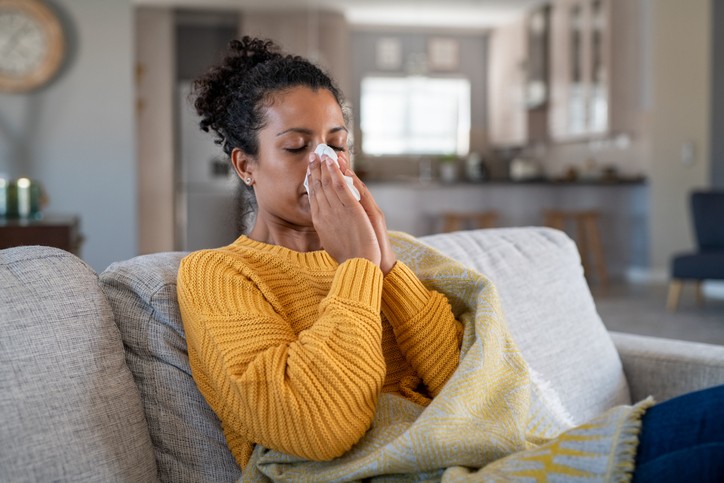
As the seasons change and temperatures drop, we naturally retreat indoors to stay warm and comfortable. Fireplaces crackle, furnaces hum, and windows remain sealed tight to keep out the chill. While these habits make our homes cozy, they can also limit fresh air circulation and negatively impact indoor air quality. Since most families spend most of their time inside during the colder months, the condition of your indoor air becomes a major factor in your health, comfort, and overall well-being.

The Cold-Weather Air Quality Challenge
In warmer months, open windows and fresh breezes help flush out airborne pollutants. But once fall and winter arrive, those natural ventilation opportunities disappear. Dust, dander, cooking fumes, cleaning chemicals, and even excess moisture tend to linger and accumulate.
Heating systems also play a role in the quality of your indoor air. A furnace with a dirty filter can blow dust and allergens through your ducts and into every room. Fireplaces, wood stoves, and even popular scented candles can release tiny particles or gases that reduce air quality further. Over time, this build-up creates a less-than-healthy environment inside your home.
The Health Effects of Poor Air Quality
Breathing contaminated or stagnant air for extended periods of time can trigger a variety of symptoms. You might notice dry skin, for example, or irritated eyes, a scratchy throat, or worsening allergies and asthma symptoms. Stale indoor air can also make it easier for seasonal colds and flu to spread from person to person. For households with young children, older adults, or anyone with respiratory conditions, keeping indoor air clean is especially important during the fall and winter months.
Simple Ways to Improve Indoor Air Quality
The good news is that by taking one or more of the steps below, you’ll not only improve indoor air quality, you’ll enjoy added comfort:
- Replace furnace filters often – A clean filter is your first line of defense against dust and allergens.
- Keep up with HVAC tune-ups – Professional maintenance ensures your system runs safely and doesn’t add pollutants to the air.
- Balance humidity levels – A whole-house humidifier helps prevent dry air, while a dehumidifier may be needed in damp areas.
- Consider an air purifier – Whole-home air cleaners capture particles and odors for fresher air.
- Ventilate when possible – Use exhaust fans in kitchens and bathrooms, and open a window briefly on mild days to let fresh air in.
Breathe Easier All Season Long
Indoor air quality matters year-round, but it’s even more important during the colder months when we spend more time indoors. By making a few smart changes, you can protect your family’s health and enjoy a cleaner, more comfortable home. For expert advice and proven solutions, contact Zach Heating & Cooling today — we’ll help you breathe easier all fall and winter long.

